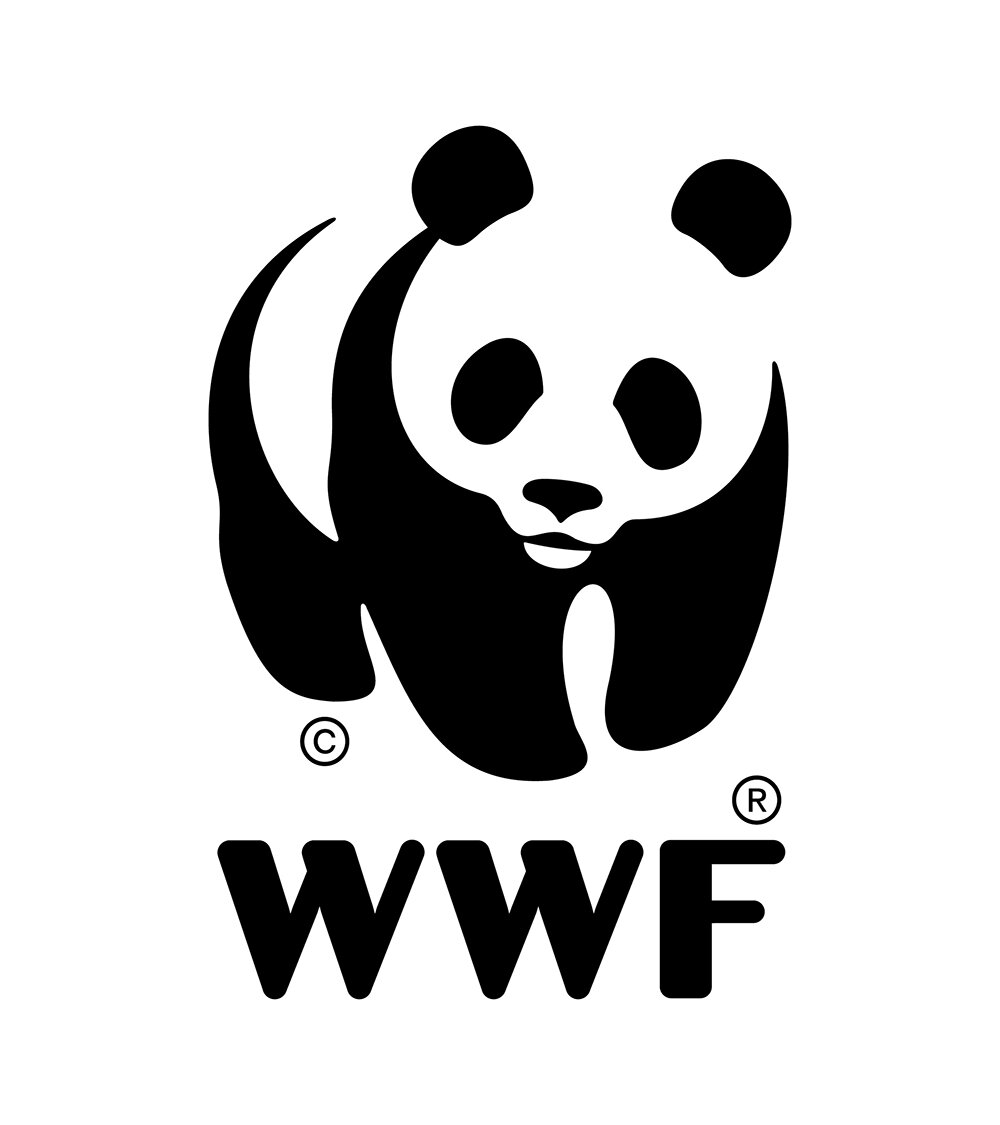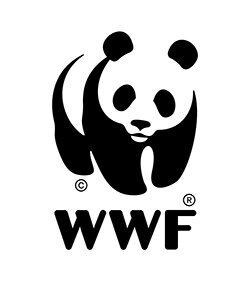Antarctic conservation takes a backward step
Humpback whales feeding in Antarctica © Chris Johnson / WWF-AU
The body responsible for conserving Antarctic marine life has failed to agree on new marine protected areas and taken a substantial step backward on krill fisheries management at its annual meeting in Hobart.
The 43rd meeting of the Commission for the Conservation of Antarctic Marine Living Resources (CCAMLR) wrapped up on Friday.
Coming into the meeting there was real momentum towards establishing a new marine protected area (MPA) in the Antarctic Peninsula - an area warming twice as fast as the global average. CCAMLR had an opportunity to help achieve the global commitment of protecting 30% of the ocean by 2030.
Yet the 26 nations plus the European Union (EU) which make up CCAMLR again failed to reach a consensus on the MPA. This is deeply disappointing, particularly after two years of record low sea ice and concerning change for Antarctica.
CCAMLR could also not agree on a revised krill fishery management plan to better protect krill-dependent predators like whales, penguins and seals.
To make matters worse, we witnessed an alarming and unprecedented backwards step in Antarctic conservation. The key conservation measure that provides protections for krill-dependent predators by distributing the allocated krill fishing catch across four zones in the Antarctic Peninsula and Scotia Sea region, reducing spatial overlap of industrial fishing vessels with wildlife, was allowed to expire.
This means up to 620,000 tonnes of krill (four times the recent catch limit) can now be caught in the biodiversity hotspot of the Western Antarctic Peninsula.
Antarctic krill is one of the key species in the Southern Ocean food web. There is evidence that concentrated krill fishing, coupled with climate change, negatively impacts whales, penguins and seal populations in the Antarctic Peninsula. A recent study by the University of California, Santa Cruz and WWF showed reduced krill supplies lead to fewer pregnancies in humpback whales.
Without highly precautionary fishing rules in place, there will be a cost to the Antarctic ecosystem - and it will have a cost to nature and people.
CCAMLR was set up in 1982 with the objective of conserving Antarctic marine life in response to increasing commercial interest in Antarctic krill.
In reversing a key management measure that protected krill and krill-dependent predators, CCAMLR is now failing to meet its own objective of conservation.
CCAMLR nations demonstrated their ability to put differences aside and prioritize conservation in 2016 when they established the Ross Sea region MPA which, at the time, became the world’s largest marine sanctuary.
WWF urges CCAMLR to show this type of leadership again at next year’s meeting.


